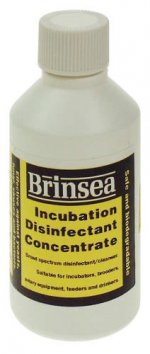Lisa Weaver
New member
- Messages
- 17
Hi there
Does everyone vaccinate their chicks against Mareks Disease? I have read so many conflicting things that I don't what to do???
Does everyone vaccinate their chicks against Mareks Disease? I have read so many conflicting things that I don't what to do???
